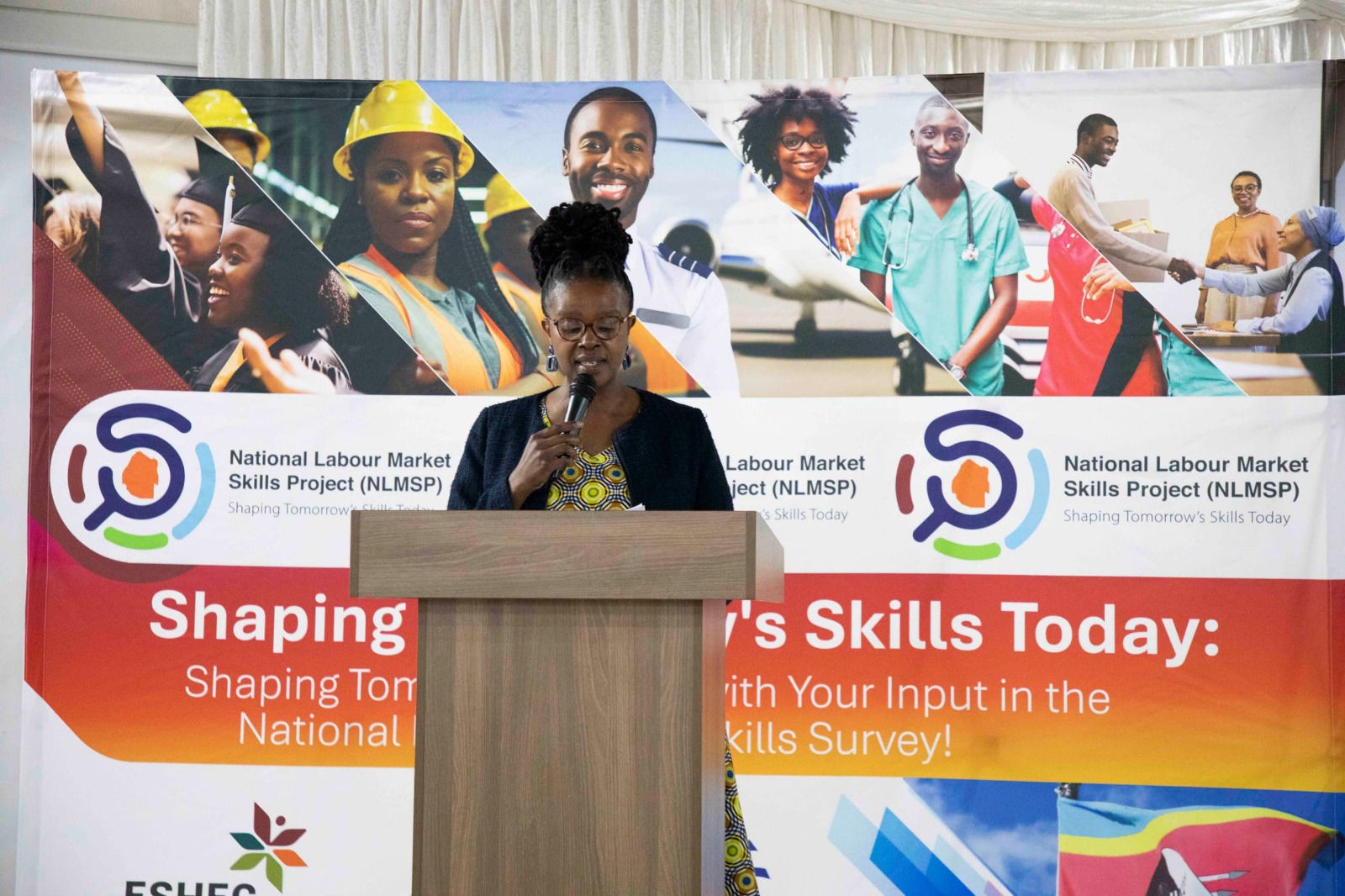Eswatini's unemployment rate is high at 33 per cent at the national level, and 58.2 per cent for youth and many graduates are without jobs.
Employers and industries often find that the graduates and school leavers are under-skilled and lack essential capabilities for future requirements of industry. There is also a prevailing mismatch between what the employers want and what employees possess in the skills bucket.
The current skills development system requires urgent attention and innovation to address the obstacles that hinder the effective integration of industry in skills development initiatives.
This Is according to various research documents including by the Eswatini Higher Education Council (ESHEC) the Eswatini Economic Policy Analysis and Research Centre (ESEPARC), and the National Skills Audit Report (2022).
Eswatini must step up to the plate in strengthening skills to feed into agro-processing, manufacturing, construction, green energy, climate change specialists, maintenance, electronics, and automation.
The truth of the matter is that general degrees do not cut it anymore. The youth, with help from the government and industry players must strive to be a specialist in their chosen field and have an ICT-related component to their qualifications. These need focused training.
Against that background, the Ministry of Labour and Social Security (MLSS) has produced the Skills Development Master Plan to enable skills development, address the issue of skills mismatches, and facilitate industrial competitiveness and economic growth.
Flowing from the MLSS’s Master Plan is the recently launched National Labour Market Skills Project (NLMSP) which seeks to collect data and interact with industries, education institutions and other key stakeholders to address skills gaps, mismatches and align the requirements of industry with outputs from tertiary and other institutions.
It is implemented for the government by the ESHEC, in partnership with the ESEPARC, and other stakeholders.
The project, whose fieldwork begins this week and is scheduled to run for six months, is undertaken under the theme: “Shaping Tomorrow's Skills Today.”
Key activities are to collect data and interact with various stakeholders and industries nationwide.
E. Nathi Dlamini, CEO of Business Eswatini, described the NLMSP as a transformative step in aligning education and skills with industry needs.
Zithulele Gina from the Central Bank of Eswatini highlighted the value of collaborating on the NLMSP for consistent analysis of skills demand and supply.
Minister of Labour and Social Security Phila Buthelezi emphasised the project\'s importance as a key step in Eswatini\'s journey to develop necessary human capital after the 2021 National Skills Audit. He stated that the country is at a crucial point in its development, emphasising the need to understand the current workforce skills and address gaps to meet future challenges and drive economic growth.
The Ministry of Education and Training (MoET) considers the NLMSP pivotal for understanding skills supply and demand across Eswatini. Ms Nanikie Mnisi, the Acting Principal Secretary to the MoET, fully supports the NLMSP as a key initiative to ensure that the skills of graduates and post-school individuals align with the evolving demands of industries.
The NLMSP complements ongoing efforts to update curriculums with future-oriented and industry-specific skills, aiming to harness the potential of Eswatini\'s young population to build a future-ready workforce.
ESHEC CEO Dr Mkhonta described the initiative as a testament to the collective aspiration for national development.
“Our collaboration signifies a deep commitment to improving the quality of education in our country, aligning it with the ever-evolving industry demands, and cultivating a skilled and adaptable workforce prepared to excel globally,” Dr Mkhonta said.
Dr. Mkhonta explained that the NLMSP journey has been guided by the vision of the Higher Education Act of 2013 and the ESHEC Strategic Plan for 2023 – 2025. The project's data will influence how ESHEC registers institutions and evaluates programmes, focusing on accrediting projects that promote sustainable, relevant, and seamless skills development.
“Our commitment is to create an education system that addresses skills gaps and meets the needs of the modern workplace,” Dr Mkhonta said.
Ernest Simelane, the Directorate of Industrial and Vocational Training Director, said the NLMSP addresses the need to update various qualifications. He made the example of motor mechanics practices, saying due to the rapid evolution in car manufacturing, they have to be constantly adapted.
All programmes developed by the DIVT are aligned with the Eswatini Qualifications Framework, ensuring they meet international standards. He emphasised the importance of trade testing to ensure that skills taught align with industry needs, benefiting both the country and the industry.
Dr. Thabo Sacolo, CEO of ESEPARC, stressed the initiative's importance in shaping policy recommendations and guiding investments in education and training.

New skills survey seeks to close gaps, align workforce with industry needs while fostering eSwatini’s economic growth.
